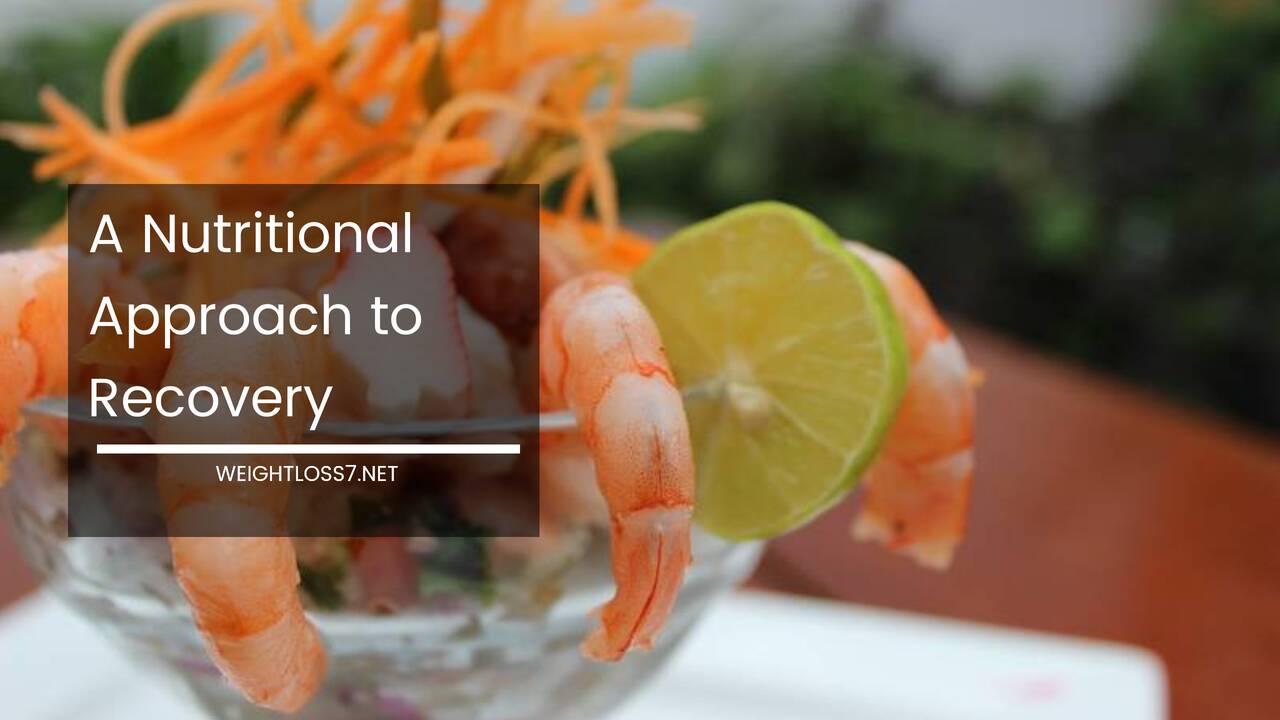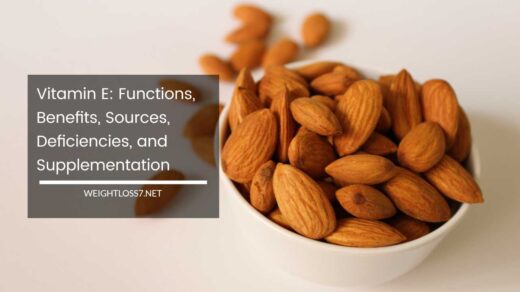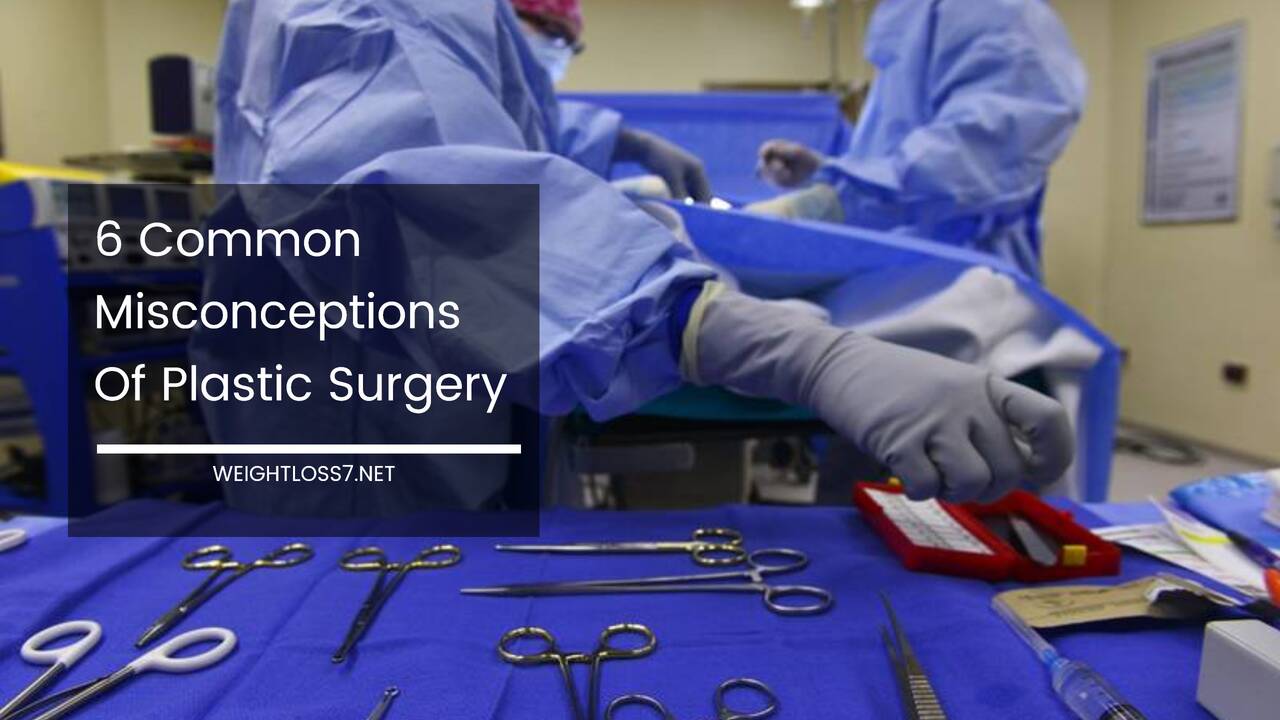A Nutritional Approach to Recovery

Many people who suffer from addiction, whether it be drugs or alcohol, have bodies that are not being nourished with proper nutrition.
This happens because drugs and alcohol in the body’s system can actually prevent the body from absorbing the proper vitamins and minerals needed to maintain health.
Damage and Diet
Alcohol contains a lot of calories, many from sugar, which can make the drinker feel full even when he has not had enough to eat. Drugs often cause side effects that reduce appetite such as anxiety and depression.
This means that even if the drug or alcohol user is getting enough food—which he often is not—his body cannot take in what it needs to stay healthy. Therefore, over time, his body can become damaged due to malnourishment.
Often, chronic drug or alcohol use can seriously harm the body, causing damage to vital organs and tissues within the digestive tract.
This damage can lead to a variety of digestive tract problems such as nausea, vomiting, diarrhea, low appetite and more.
Even if a person stops using drugs or alcohol, his body is often still too damaged to get the nutrients he needs from his food. Therefore, an important part of the recovery process is changing the diet to a balanced and healthy one.
Treatment Centers and Nutrition
Many alcohol and drug addiction recovery centers are beginning to realize the benefits of proper nutrition as an integral part of the recovery process.
Most facilities, especially treatment in a residential-setting offer nutritional tips, or even professionals, to help recovering addicts learn to make healthy choices.
Once a recovering addict changes his diet for the better, he often begins to feel better physically. It is important for patients to heal their bodies as they also work on improving their mental states through treatments such as therapy.
It has long been understood that a person’s diet can affect his mood, but only now are treatment centers beginning to realize the impact this has on the recovering addict.
Diets high in processed foods, sugar, saturated fat, and caffeine can often lead to anxiety and depression, which, for a recovering addict can, in turn, lead to cravings for what once made him feel better: drugs and alcohol.
By maintaining a diet low in these harmful substances, but high in beneficial nutrients such as antioxidants, protein, and omega-3 fatty acids, addicts often experience a feeling of calm and have fewer unhealthy cravings.
Though carbohydrates should be eaten in moderation to avoid unhealthy weight gain, carbs do help the brain produce serotonin and dopamine, important chemicals which ward off anxiety and depression, two of the main reasons people begin drinking excessively or using drugs.
Supplements
Many recovery centers and recovery-based physicians also recommend vitamin and mineral supplements for their patients.
Because addicts often have bodies which have been long deprived of essential nutrients—such as vitamins A, B, and E and minerals such as potassium and iron—it can often be helpful for the recovering addict to take a multi-vitamin daily in order to increase his body’s ability to absorb these dietary essentials.
Of course, diet alone is not enough to keep a recovering addict from relapsing. A healthy, balanced diet with plenty of carbohydrates, protein, vitamins, and minerals, is only part of the recovery process.
Seeking treatment—or medications when necessary—as well as maintaining a regular exercise routine (which produces feel-good endorphins and reduces the risk of anxiety) are all important steps for the recovering addict as he rebuilds his life and makes healthier choices for his mind, body, and soul.

















